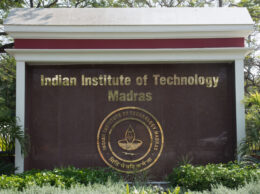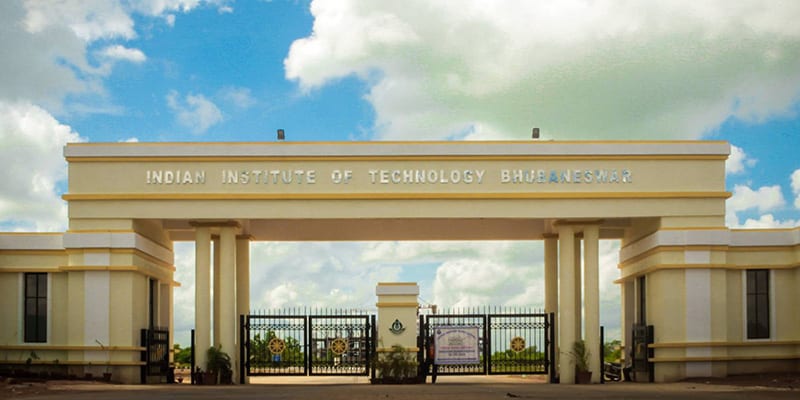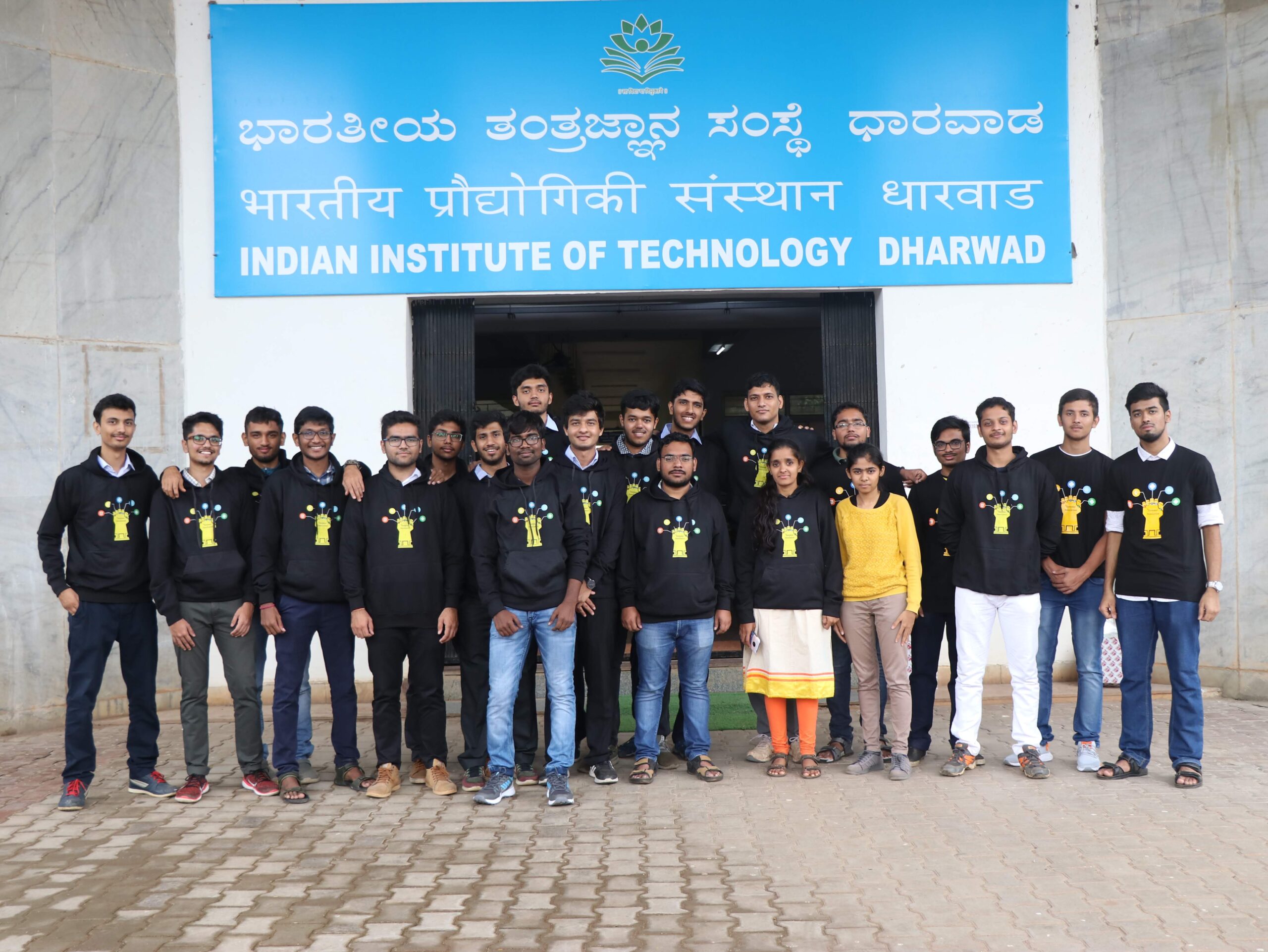HYDERABAD : Indian Institute of Technology Hyderabad’s Department of Liberal Arts and Sahapedia are organising a two-day interdisciplinary conferenceon 28th – 29thNovember 2019 to discuss the challenges in Digital Humanities in relation to Arts, Knowledge, and Critique in the Digital Age in India.
The conference aims to understand how the creation of digital content for the Social Sciences and Humanities in India can reconstruct the nature of knowledge, its production and representation and to explore possibilities like thought emerging strategies into the production of digital content and its information architecture.
Speaking about the role of Digital Technology in reconfiguring the relation between information and everyday life in the Indian subcontinent, Ms. Mikaela Jade, Founder and CEO, Indigital said, “India has already forayed into the digital realm with a massive task of securing democratic access to knowledge and preserving language and practices of its diverse communities. It is the scale of this task that will make the digitisation of the arts and knowledge in India a globally unique enterprise.”
The major objective of the conference is to outline the issues, challenges, and opportunities that an inter-disciplinary enterprise can uniquely identify within the creation of digital content in the arts, languages, indigenous rights, and heritage and to critically appraise the digital practices of vulnerable communities in India to organize and reproduce themselves as knowledge creators.
Speaking about the challenges in the Digital Humanities, Dr. Chandan Bose, Assistant Professor of Anthropology, Department of Liberal Arts, IIT Hyderabad said, “I think it is important to first map and identify the way in which computation, media and the digital is being probed and prodded by different data creators in India. We should describe our practices and then think about ways to theorise the trajectory of our digital history.”
The perspective is to guide discussion about the potential of indigenous knowledge-mapping exercises undertaken by local and vernacular historians, regional and urban artisans, grassroots organizations and workers through digital platforms and its dissemination through online and offline databases.
Apart from focusing significantly on the contribution that digital media and online platforms can make, the Conference will also take into consideration the role of Digital Technology in historiography, aesthetics, language, culture and heritage, contemporaneity and thought, Community and Knowledge, Locality and Environment, Language, Texts and Pedagogy and Life and Democracy.









